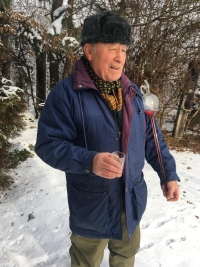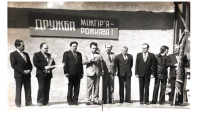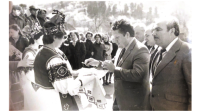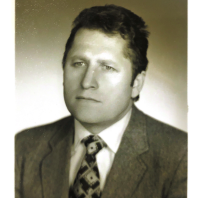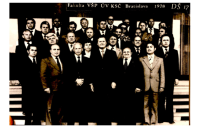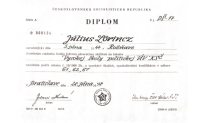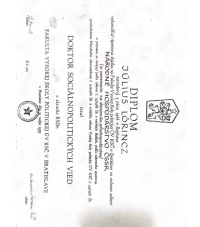What was it like to be the secretary of the district committee of the Communist Party?
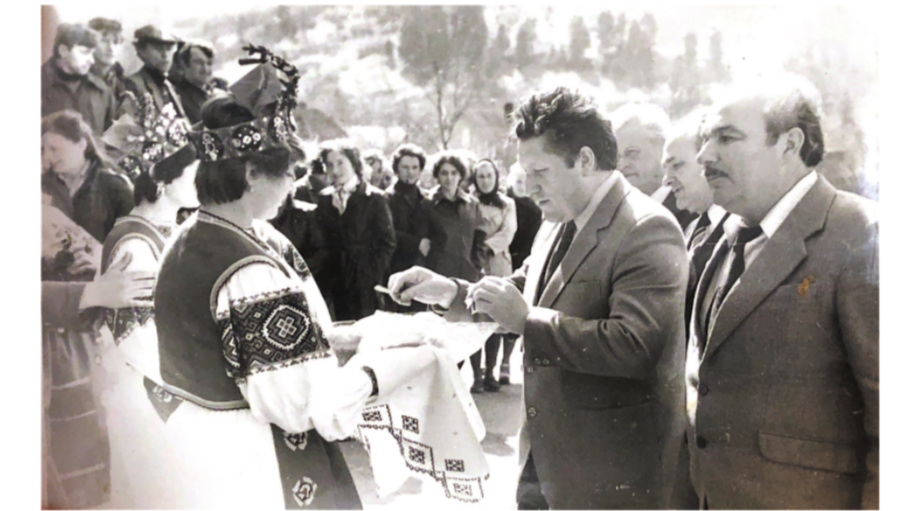
Download image
Július Lőrincz was born on June 3, 1944 into a Hungarian kulak farmer family. He comes from the village of Slavec in Gemer. He spent part of his life in Tiba and later spent a significant part of his adult life in the former mining town of Rožňava. His parents were farmers with several large plots of land around their home that they cultivated. His father, apart from farming, also dedicated his life to faith. Of the two siblings, Július was the younger and at the same time the only one who did not work after finishing high school, but continued to study for many years in addition to his positions in the Regional and later District Committee. He studied in Košice, Budapest, but also in Prague, where he graduated in 1979 as a doctor of social and political sciences in the field of National Economy of the Czechoslovak Republic at the Faculty of Political Science of the Central Committee of KSČ in Bratislava. He worked on the regional committee of the party in Košice, from where he was later transferred to Rožňava as a cadre reserve in 1983. In Rožňava, he served as the secretary of the party’s district committee for party work in agriculture until the fall of the regime. After the fall, he engaged in small business activities and later returned to teaching. First to Krásná Hôrka and later to Rožňava to the Hungarian school. He has one son, two grandsons and his wife Emma, with whom he lives today in the city of Rožňava.
